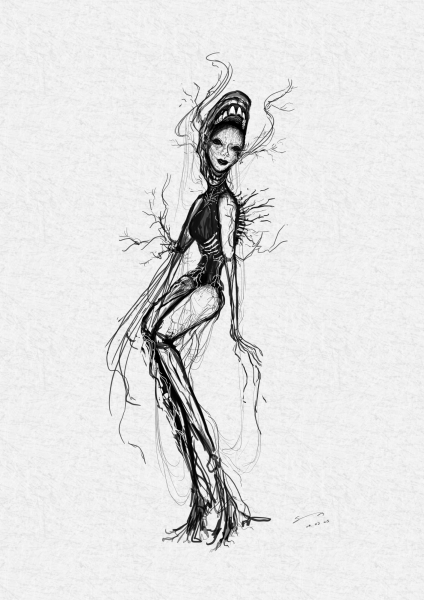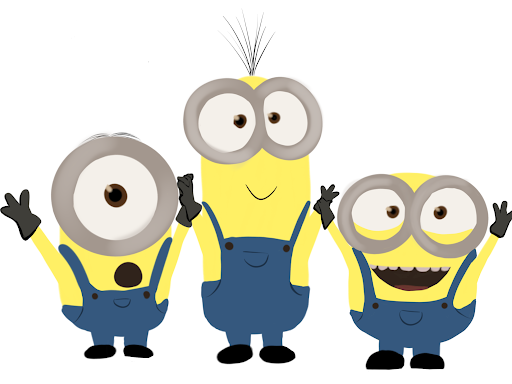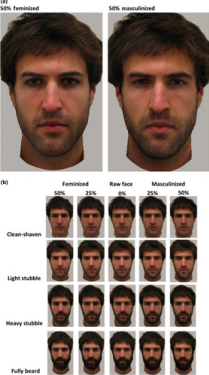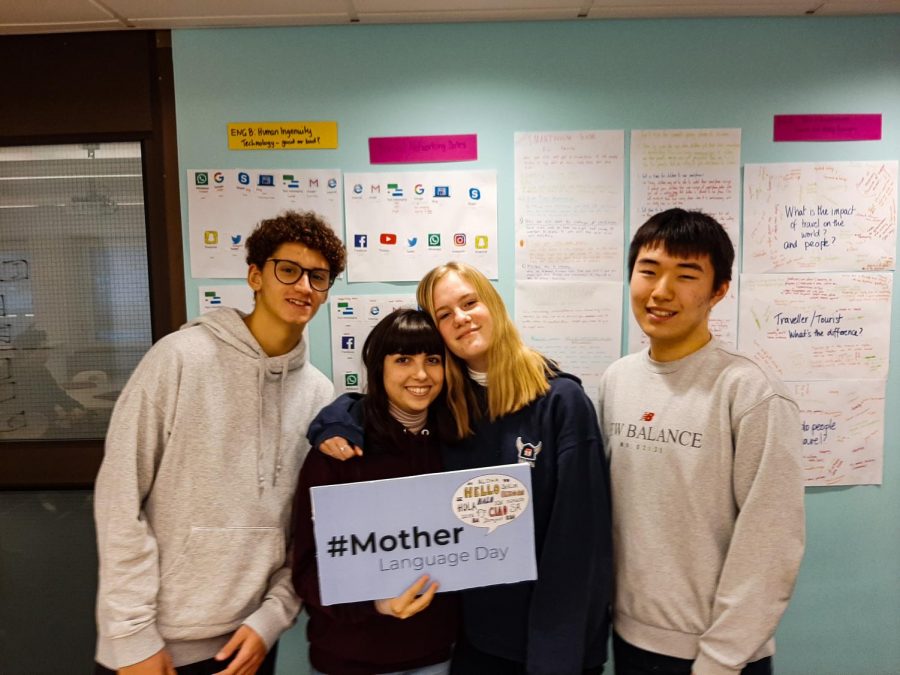What’s your language?
Friday 21st is international Mother Language Day. At SIS we are celebrating all week with activities in class. Each day the QQ will publish some of our students’ thoughts about their language.
Dan C
안녕하세요. 제 이름은 최단입니다. 저는 한국에서 왔습니다. 제 모국어는 한국어입니다. 저는 한국에서 태어나고, 자랐기 때문에 한국어는 원어민 수준입니다. 현재는 국제학교에서 공부하고 있기 때문에 영어도 열심히 공부하고 있습니다. 한국 고등학교에서 스페인어를 조금 배웠기에 기초 스페인어도 조금은 할 수 있습니다.
A difference between Korean and English
한국어와 한글은 영어와 차이점이 상당히 많습니다. 우선, 한국어는 알파벳도 영어 알파벳 (a,b,c, …) 이 아닌 한글 (ㄱ,ㄴ,ㄷ, …)을 사용하고 어순이 다릅니다. 예를 들어 한국어로는 “나는 사과를 먹는다.” (I apple eat) 이지만, 영어로는 “I eat an apple.”이 될 것입니다. 영어와 한국어는 이러한 차이가 있습니다.
한국어는 어르신들이나 선생님들 등 예의를 갖추어 말하는 존댓말 또한 있습니다.
A similarity between Korean and English
한국어와 영어는 비슷한 점이 아예 없지는 않습니다. 우선, 최근에 생성된 단어들이나 외래어 (컴퓨터, 스마트폰, 프린터, 카메라, 망고, 오렌지) 등은 영어의 computer, smartphone, printer, camera, mango, orange 등의 발음을 한국어로 옮긴 단어들입니다. 이처럼 신조어들은 영어와 유사한 점이 많습니다.
Hi. My name is Dan C. I am from South Korea. My mother tongue language is Korean. I was born and raised in Korea so I am a native speaker. I am currently studying at an international school so I am studying English very hard. I also studied a bit of Spanish when I was in Korea so I know a few words and basic sentences.
A difference between Korean and English
Korean and Hangeul (Korean Alphabet) have many differences from English. Firstly, Korean uses Hangeul which is completely different from English alphabets. Additionally, the word order of a sentence is different. In Korean, you would say “I apple eat.” instead of “I eat an apple”. In Korean, there is a formal way of speaking/writing that shows respect to the person you are talking to. For example, it can be towards elderly or to people that you do not know or even teachers. It is called 존댓말.
A similarity between Korean and English
There are a few similarities in Korean and English. One of them is that there are similar words that come from English. Newly coined words or English words such as “computer, smartphone, printer, camera, mango, orange”, are transliterated into Hangeul.
_________________________________________________________________________________________
Gabriel and Alice – Portuguese
Ola meu nome é Gabriel, eu sou brasileiro do estado de São Paulo, minha língua mãe é o português, mas eu estou aprendendo o inglês. Agora estou morando na Suécia onde as pessoas falam sueco. Antes de morar na Suécia eu morei no Irã por 1 ano onde as pessoas falam persa.
Hello my name is Gabriel, I am Brazilian from the state of Sao Paulo, my mother language is Portuguese, but I am learning English. Now I’m living in Sweden where people speak Swedish. Before living in Sweden I lived in Iran for 1 year where people speak Persian.
As semelhanças do português para o inglês
Temos algumas similaridades em algumas palavras como; Shampoo = Shampoo; Camera = camera ; CD = CD
A similarity between Portuguese and English
We have some similarities in some words like: Shampoo = Shampoo; Camera = camera; CD = CD
Diferenças do português para o inglês.
Meu nome é Alice Tabajara, sou brasileira, nascida em Brasília. Minha língua mãe é o português, mas eu sei falar em inglês e um pouco de francês. Muitas pessoas acreditam que nós brasileiros falamos espanhol, por estarmos cercados por países que tem espanhol como língua mãe. Temos mais facilidade para entender o espanhol, mas não é comum a gente aprender. O inglês é uma língua bem difícil de aprender para os brasileiro, por ser uma língua anglo saxônica. A maior diferença do português para o inglês é que o português tem palavras no masculino e no feminino. Por exemplo: A água (Feminino – Usa a letra A) – The water ( Não tem gênero), O cachorro (Masculino – Usa a letro O) – The dog, e etc.
A difference between Portuguese and English
My name is Alice Tabjara, I am from Brazil, born in Brazília. My mother tongue is Portuguese, but I also know how to speak English and a bit of French. Many people believe that we Brazilians speak Spanish, because we are surrounded by countries that have a Spanish mother tongue. Spanish, for us, is an easier language to learn, but it isn’t as common for us to learn it. English is a very difficult language to learn for us because we classify our words in masculin and feminine. Examples: A água (Feminin word – ends in a) – The water ( doesn’t have genre), O cachorro (Masculin word – ends in o) – The dog ( doesn’t have genre), e etc.
_________________________________________________________________________________________
Hannah – Flemish
My name is Hannah and I come from Belgium. My mother tongue is Flemish, which is basically Dutch with an accent. Besides English, I also speak some French. In Belgium, you are obliged to study the language as it is, together with Flemish and German, an official language.
Difference between Dutch/Flemish and English:
Flemish and English are quite similar to each other. However, the main difference is the different use of articles. In English, there is only one: “the”. Dutch, in general, has two articles: “de” & “het”. So, when learning Dutch, not only do you have to learn and memorise the word, you also have to memorise the correct article with it. “De” is usually used for masculine and feminine words. “Het” is used for neuter words. But, this is not always the case as there are always exceptions.
Also, in Dutch, we have a lot of very long words.
Similarity between Dutch and English:
As Dutch is similar to English, Dutch is probably one of the easiest languages to learn for native English speakers. Dutch has a lot of words that are so similar to English, that without ever studying the language, you would be able to understand.
E.g: appel – apple / banaan – banana / tomaat – tomato / “dat is goed nieuws” – “that is good news”
Another similarity is that both languages combine words to create new ones, such as work + space = workspace / werk + plaats = werkplaats.
Mijn naam is Hannah en ik kom uit België. Mijn moedertaal is Vlaams, wat eigenlijk gewoon Nederlands met een accent is. Naast Engels spreek ik ook een beetje Frans. In België ben je verplicht Frans te studeren, aangezien het samen met Vlaams en Duits een officiële taal is.
Verschil tussen Nederlands en Engels:
Vlaams en Engels lijken redelijk op elkaar. Toch, het grootste verschil is het ander gebruik van lidwoorden. In Engels is er maar één, namelijk “the”. Nederlands maakt gebruik van twee lidwoorden. “De” en “het”. Dus wanneer je Nederlands leert, moet je niet alleen het woord leren en memoriseren, maar moet je ook het juiste lidwoord leren. “De” wordt meestal gebruikt voor mannelijke en vrouwelijke woorden. “Het” wordt gebruikt voor onzijdige woorden. Maar dit is niet altijd het geval aangezien er altijd uitzonderingen zijn. En in het Nederlands hebben we ook heel lange woorden.
Gelijkenis tussen Nederlands en Engels:
Aangezien Nederlands erg op Engels lijkt, is Nederlands waarschijnlijk een van de makkelijkste talen voor een native Engels spreker om te leren. Nederlands heeft vele woorden die lijken op het Engels, dus zonder de taal te studeren, zou je het kunnen verstaan.
Bijv: appel – apple / banaan – banana / tomaat – tomato / “dat is goed nieuws” – “that is good news”
Een andere gelijkenis is dat in beide talen woorden gecombineerd worden om nieuwe te creëren, zoals work + space = workspace / werk + plaats = werkplaats.







